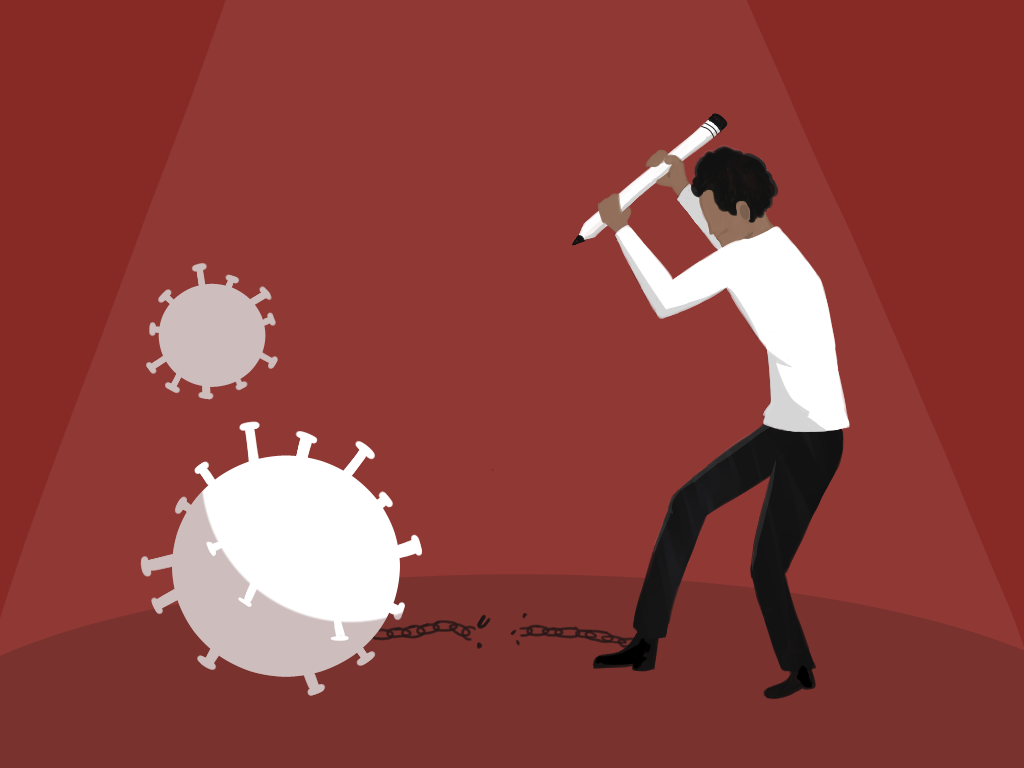COVID-positive students will isolate in their residences this fall quarter, according to a Monday email from Vice Provost for Student Affairs Susie Brubaker-Cole. Roommates of individuals who have tested positive may be eligible for alternative temporary housing provided by Stanford, based on medical need or registered accommodations.
A University spokesperson declined to offer additional details about how eligibility for alternative temporary housing would be determined.
The decision to end isolation housing is part of a slew of changes to COVID-19 policies that Stanford administration is making ahead of the start of the academic year. In the email, Stanford also shared updated move-in, testing, isolation and masking protocols for the upcoming quarter.
Though many elements of campus life have shifted back to normal over the last several months, the University will continue to require some pandemic precautions as students return to campus.
Here’s what that means for students who will be living on campus this fall:
- Students should plan to take a PCR or rapid tests within 48 hours of their arrival on campus. Anyone testing positive should not travel to campus and instead, isolate in place and submit a copy of their test result to the COVID-19 Medical Care Team using the Vaden patient portal.
- Family members or guests may assist students in moving into residences. However, in all indoor residential spaces, indoor masking is mandatory for everyone.
- Unlike the last few years, students living in undergraduate housing do not need to make appointments for a date and time to check-in. Students living in graduate housing, however, must select a date and time for check-in.
- New arrivals are required to test on Day 0 and Day 5 using a free rapid or Color test kit provided during move-in. Unless they have tested positive for COVID-19 in the last 90 days, students should use Color for arrival testing.
- Surveillance testing is no longer required for vaccinated or unvaccinated students. Color testing and antigen tests will continue to be available.
- Students who test positive will isolate in their residences. Alternative temporary housing may be available for roommates of individuals who have tested positive, depending on medical needs or registered Office of Accessible Education accommodations.
- Rather than enforcing a restricted-activity period like last years, face coverings will be required in residential common spaces.
- Face coverings will continue to be required in classrooms, healthcare facilities, and on Marguerite buses.
The administration is also taking steps to stem any spread of the monkeypox virus as students file back into campus. The email asked students to take preventative measures to help protect the community and shared that the isolation period for monkeypox is between two and four weeks.
